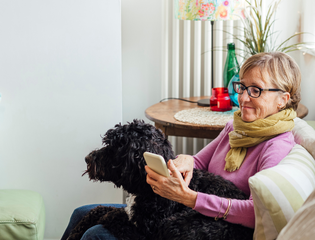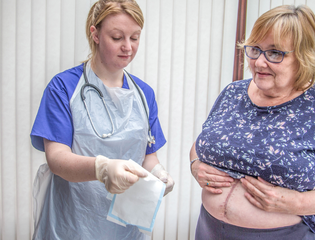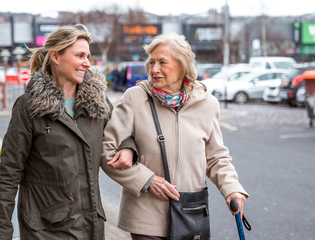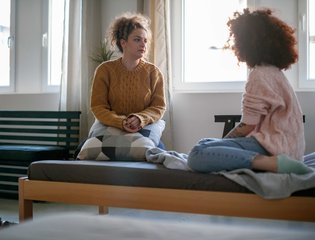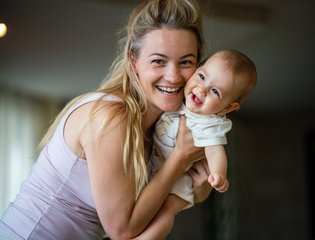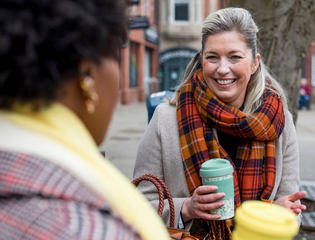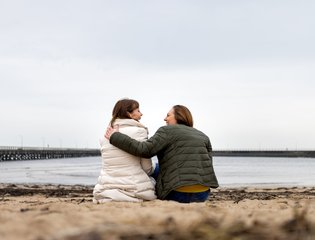Here you'll find information and advice that will help guide you from your diagnosis, through to treatment and beyond.
It features information about how ovarian cancer is treated, where to go for more support and advice, and advice on body image and relationships.
If you have any further questions or would like someone to speak to, visit the Resources page where you’ll find the contact details of key organisations whose expert staff are on hand to give support and advice whenever you need it.
Ovarian cancer information and support
Your Ovarian Cancer Stories
Telling your story is a powerful way to spread awareness. Read about other people’s experiences of ovarian cancer here.
Advice for young women
Get support with our ovarian cancer resources for young women. Find support, information, and tips for living with ovarian cancer as a young person.
Practical support and advice
Get essential tips on managing work, finances, and benefits while living with ovarian cancer. Learn your rights, find financial help, and navigate insurance and pensions with support from Macmillan Cancer Support and Citizens Advice.
